TikTok has been the subject of ongoing concerns in the U.S. for years due to issues related to data privacy and access laws.
In response, the U.S. House of Representatives approved legislation on March 13, 2024, requiring ByteDance, TikTok's Chinese parent company, to give up ownership of the platform within six months or face a nationwide ban.
If enforced, the ban would require Apple and Google to remove TikTok from their app stores, and internet service providers would be prohibited from allowing access to the platform through browsers in the U.S.
The situation becomes more complex as President-elect Donald Trump has requested that the Supreme Court delay implementing the TikTok ban.
Trump, who previously attempted to ban the app during his presidency in 2020, now views it differently. In a court filing, his lawyers revealed that he opposes the ban taking effect and is advocating for a "political resolution" to the issue.
On Truth Social, Trump questioned the ban's necessity, posting, "Why would I want to get rid of TikTok?" alongside a graphic highlighting his purported popularity on the platform, including billions of views associated with his official accounts and hashtags.
While some speculate that Trump's 2024 election victory could provide TikTok with a lifeline, the Supreme Court's decision remains uncertain. If the court upholds the legislation and it is enacted before Trump's inauguration, his ability to intervene may be limited.
Newsweek has reached out to experts to explore what Trump's next steps might be and examine his options.

Sarah Kreps: TikTok Ban Set for Trump's Inauguration Day Highlights U.S.-China Tensions and Limited Policy Options
Assuming the Supreme Court does not grant Trump's request for a stay on the ban, the law would go into effect the day before his inauguration.
His menu of options could include working with Congress to revise the law—unlikely given that Congress passed the law less than a year ago and there's no indication that a sizable number thinks that they passed the law in error—de-prioritize enforcement of the law (e.g., guidance to the Attorney General not to punish Apple or Google if they for some reason continued to allow the app in the app store, which they are unlikely to do), or use his discretion to say that TikTok successfully divested.
This is possible but would be difficult to prove one way or another, which is why earlier technical proposals to address the risk posed by Chinese ownership fell apart—how do you prove a negative?
Obviously, a TikTok ban would further chill relations between the U.S.-China, but this is more a consequence rather than a cause of that chill. This week the U.S. government labeled Tencent a Chinese military company.
So, we're clearly in a continued period of escalatory tit-for-tat actions between the two countries. The TikTok ban is emblematic of that fraught bilateral relationship and makes it all the more difficult to de-escalate.
Sarah Kreps, Professor and Director of the Tech Policy Institute, Cornell University.
Spence Purnell: Trump Should Prioritize Broader Data Privacy Laws Over Targeting TikTok
The government should abandon its current course of granting the president open-ended power to designate any software as a foreign adversary application subject to ban and reconsider its focus on targeting ByteDance in the divestiture bill currently before the court.
Instead, they should enact a broader data safety and privacy law which equally applies the law to all necessary instances of national security. China certainly represents a cyber risk, as the Salt Typhoon hack demonstrates, so that administration is correct to keep its eye on China.
However, the approach needs to be a better policy that applies the law equally to all companies, respects individual choice, and actually targets the real security vulnerabilities that China presents.
Spence Purnell, Resident Senior Fellow, Technology and Innovation, American Institute for Economic Research.
Thomas Hazlett: TikTok Regulation Sparks Debate Over Balancing National Security With Free Speech Protections
Judge Srinivasan's lower court opinion analogizes regulation of the TikTok platform, otherwise left to the protections of free speech, because of "the Government's well-established practice of placing restrictions on foreign ownership or control where it could have national security implications."
That references the 1927 Radio Act, legislation that did indeed ban ownership of broadcasting licenses. Three key facts are forgotten, however.
First, the diminished Constitutional protection of freedom of the press for radio broadcasters was argued to be a unique incursion of regulation based not on national security but on the "physical scarcity" of the airwaves.
That's why such a ban applied to radio licenses, and cannot be applied to newspapers, magazines, or book publishing—where it would clearly violate the First Amendment.
Second, this rationale for regulation proved to be illogical and fatuous as conceded by U.S. Courts and the Federal Communications Commission in the decades since.
This accounts for why the ill-fated policies of the Fairness Doctrine and the Equal Time Rule, which uniquely arose in radio and TV broadcasting, have produced counter-productive outcomes—lessening rather than expanding democratic discussion—and have been effectively ended by regulators themselves.
Finally, when actual military hostilities break-out, the U.S. retains the power to seize assets owned by U.S. citizens, Germans, or China-based corporations. Trusting our Government with such pre-emptive power generally requires more than general speculative claims. Even in war-time, such powers should be used sparingly.
The ugly and unjustified internment of Japanese-Americans on the West Coast during World War II was based on U.S. military reports that such citizens would engage in acts of sabotage. In fact, the threats did not emerge.
Ironically, by late in the war, the U.S. was drafting Japanese-Americans and ordering them to serve in foreign war zones. Loyal Americans, not saboteurs.
Eventually, President Ronald Reagan signed the 1988 Civil Rights Act, apologizing for the debacle and issuing modest monetary compensation to victims of the constitutional violations.
Thomas Hazlett, Hugh H. Macaulay Endowed Professor of Economics
Clemson University, Clemson, South Carolina.
André Côté: The U.S. TikTok Ban Reflects Rising Geopolitical Tensions and Calls for Stricter Social Media Regulation
Should the U.S. proceed with the ban of TikTok, it will represent a further escalation of east-west geopolitical tensions around the digital economy and critical technology platforms.
Yet, our research in Canada finds that there is majority public support for a ban of TikTok in some form, with a third of survey respondents calling for a complete ban.
This is rooted in very low levels of public trust in TikTok to act in the public's best interest—far lower than US-based big tech firms like Google and Apple, and moderately lower than U.S.-based social platforms Facebook—Meta—and Twitter—X.
The proposed remedy of a TikTok sale to a U.S.—or Western alliance— headquartered company could provide insulation from the perceived risk of Chinese state intervention to monitor or manipulate Americans using the social platform.
A different or complimentary policy intervention for the new Administration, however, would be to pursue broader based regulation through Congress for social media platforms, which could seek to address national security concerns around data privacy and protection for U.S. citizens on non-U.S. platforms, and could also seek to enhance online safety and security across all platforms.
There has been bipartisan potential for proposed legislation like the Kids Online Safety Act (KOSA) that the Trump Administration could build upon.
André Côté, Director of Policy & Research, Head of the Secure and Responsible Tech Policy Program,Toronto Metropolitan University.




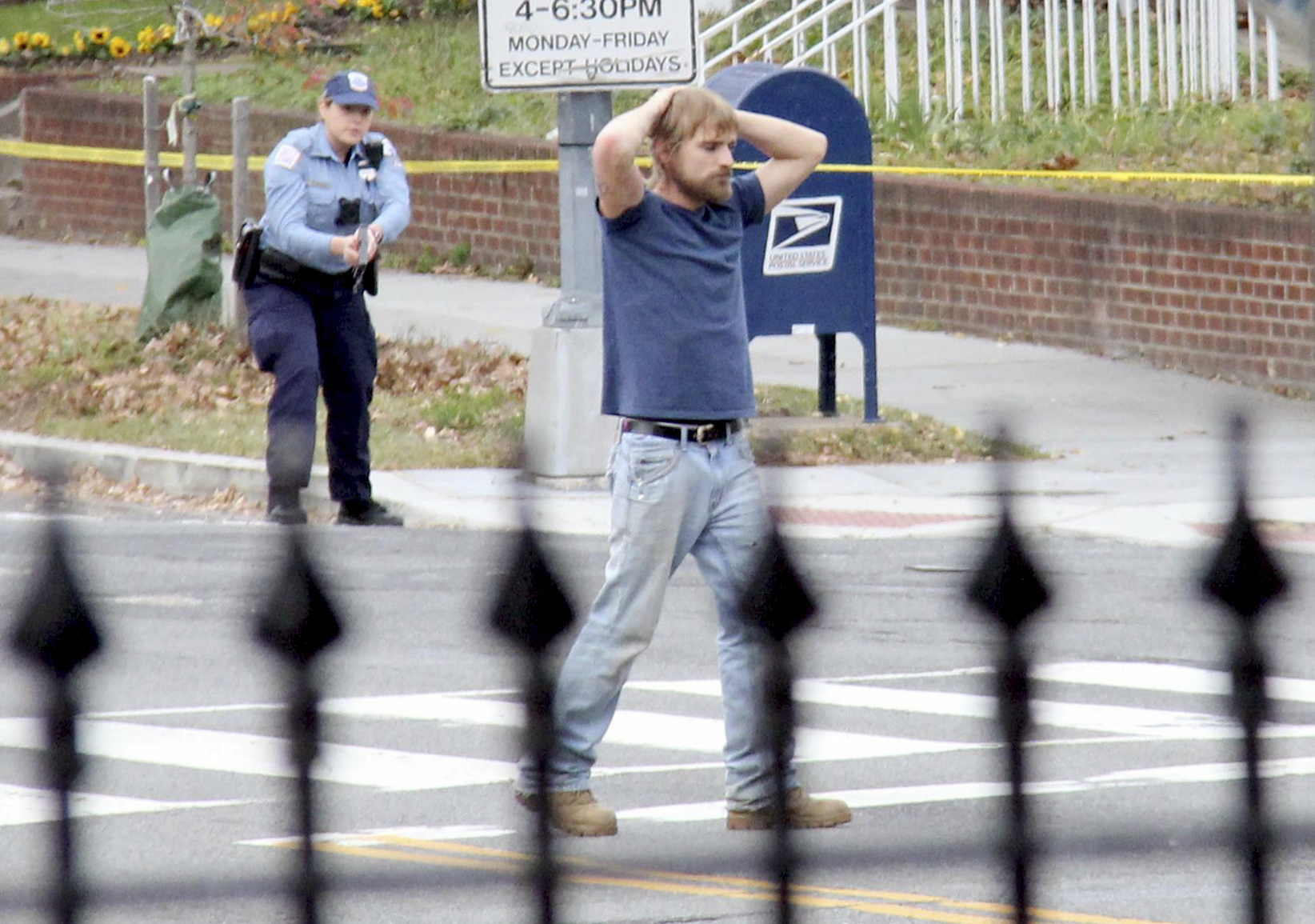
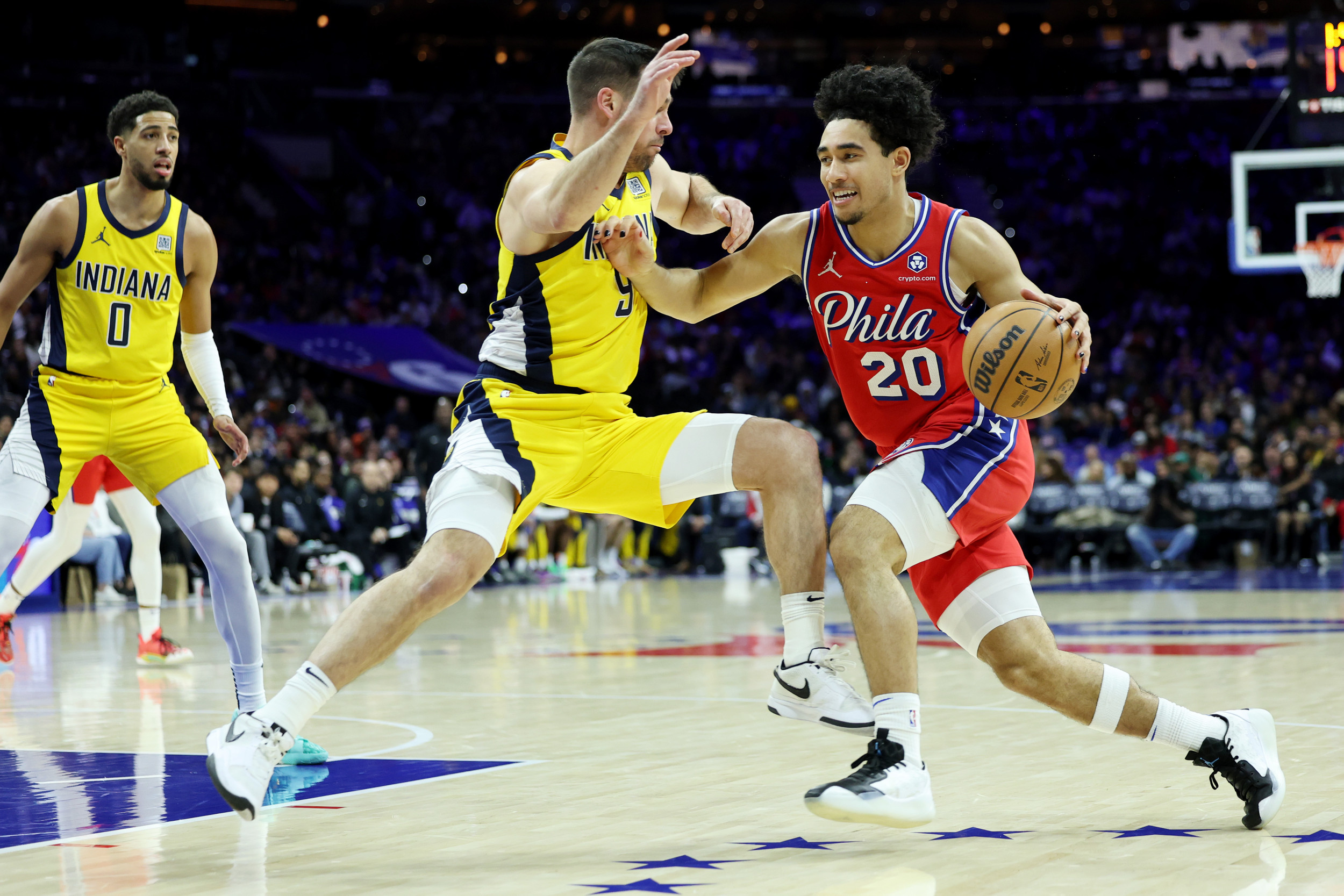

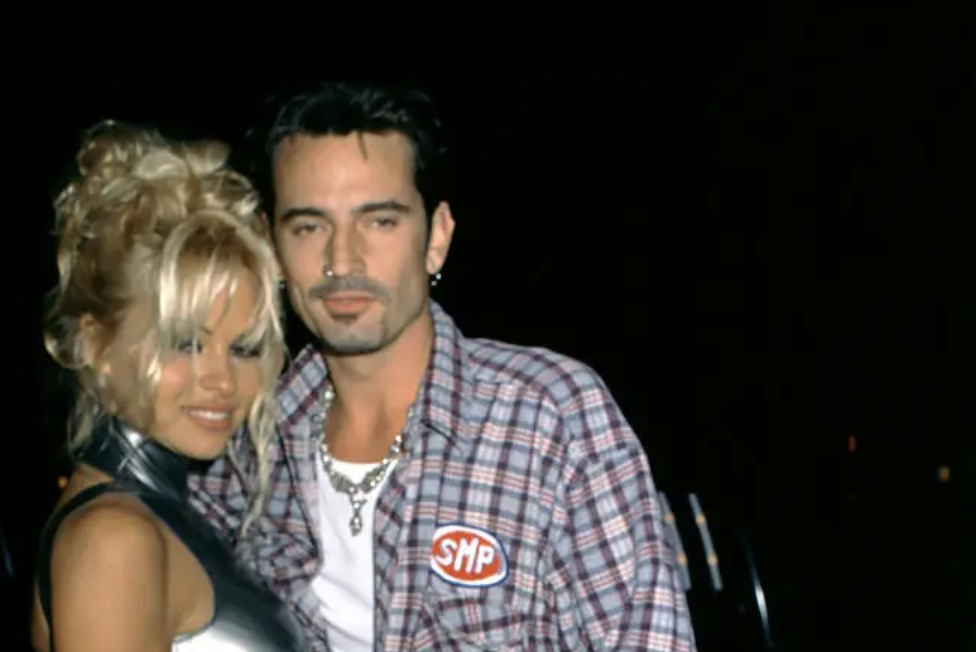
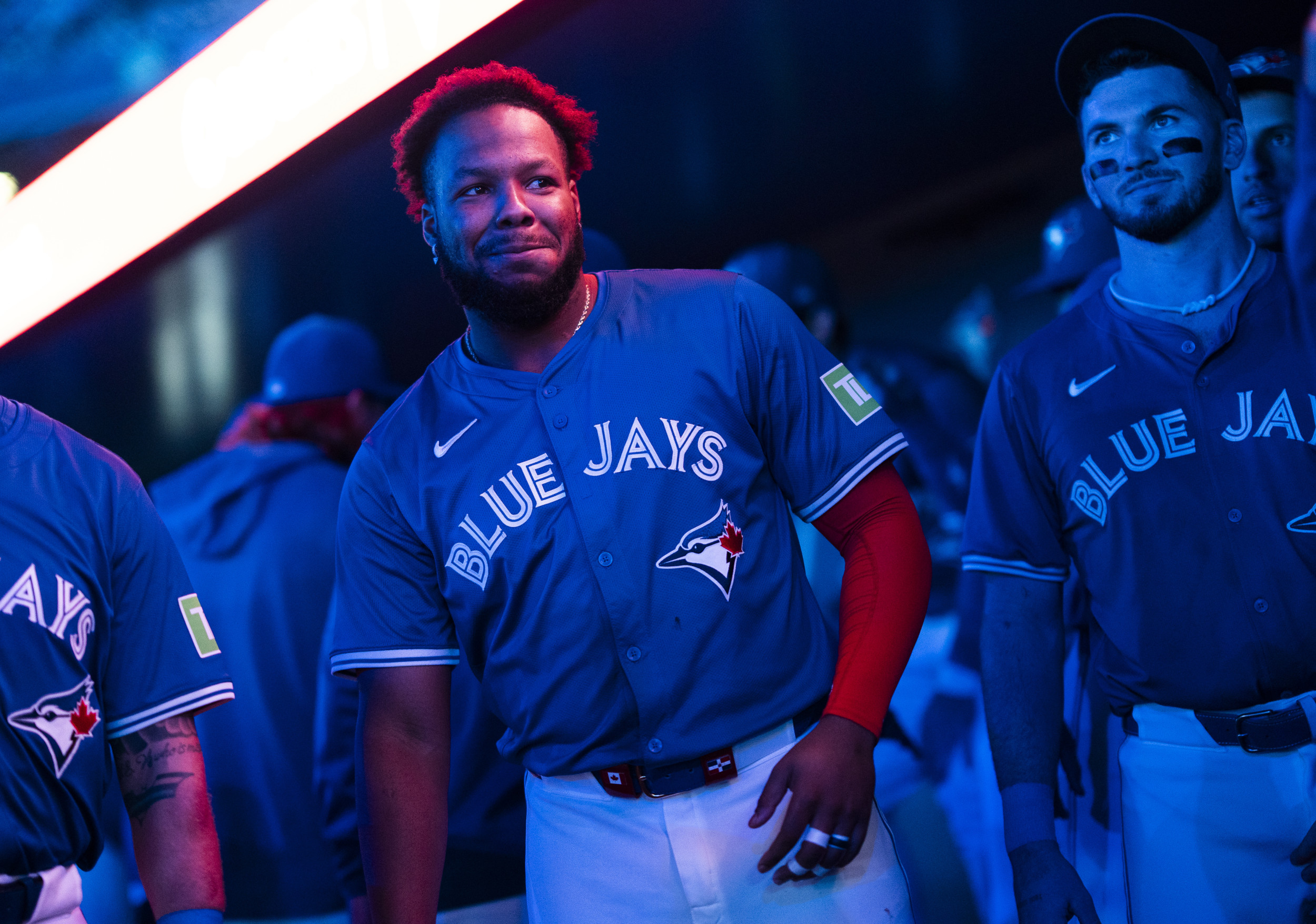
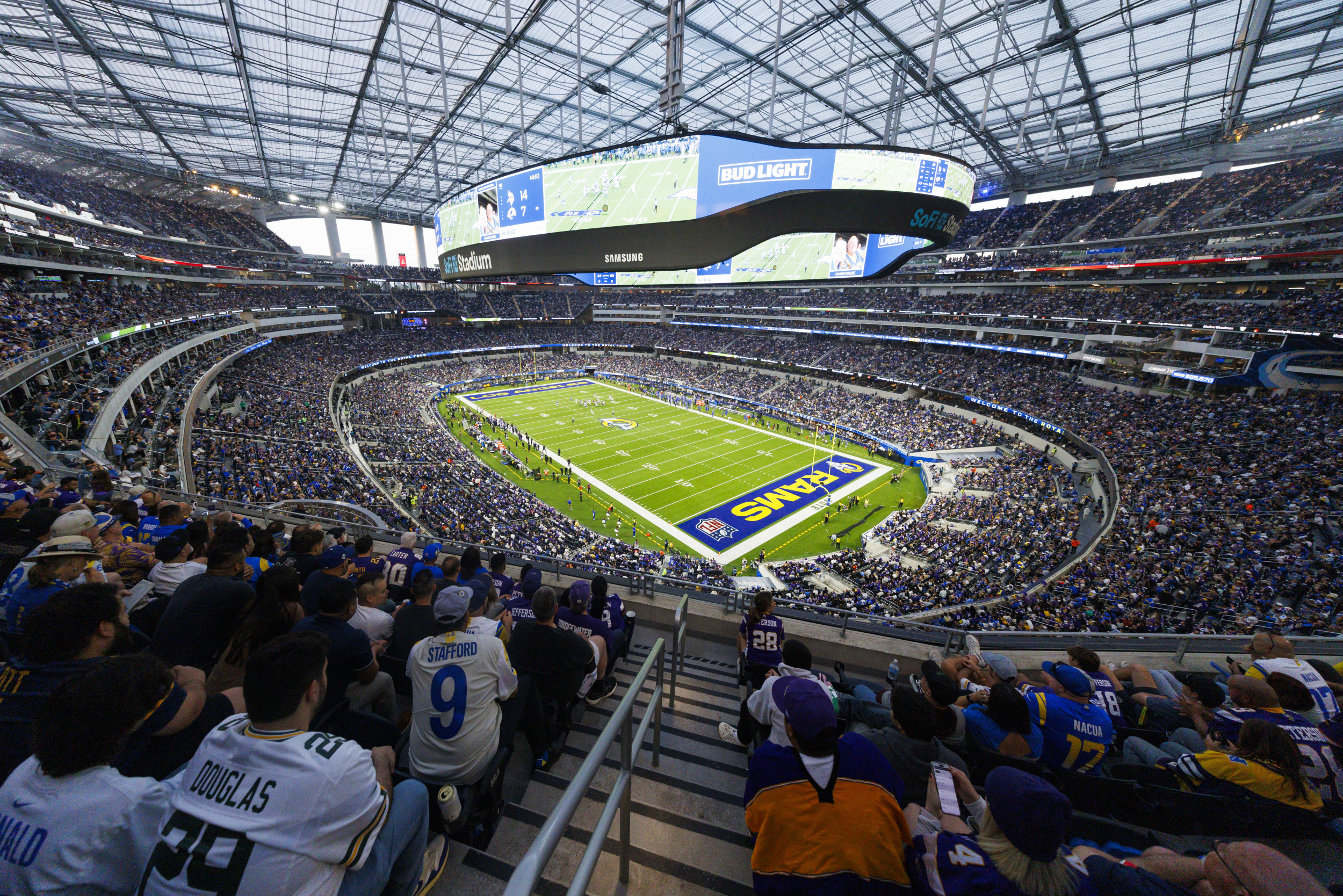










 English (US) ·
English (US) ·